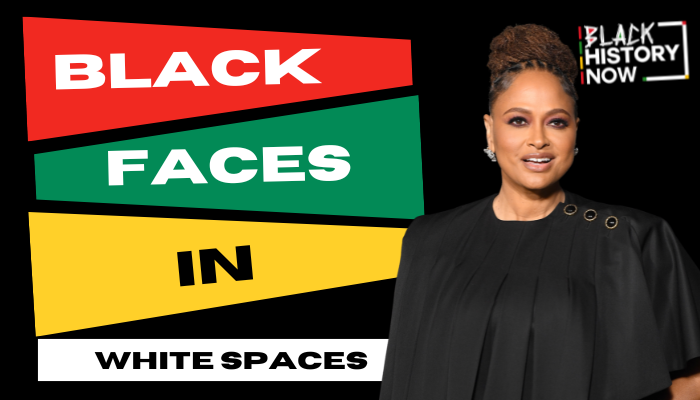
Source: General / General
Black History NOW Celebrates the paths paved by those who broke the mold in areas of film, sports, science, art and business. The heroes of today stand on the shoulders of giants, looking ahead and creating even more opportunities for African-Americans to thrive in spaces that were historically denied to our people.
Today, we celebrate those with Big Screen Dreams: Facing or behind the camera, these visionaries shared the stories of our lives with the world.
Black Faces in White Spaces: Big Screen Dreams was originally published on blackamericaweb.com
1. Spike Lee
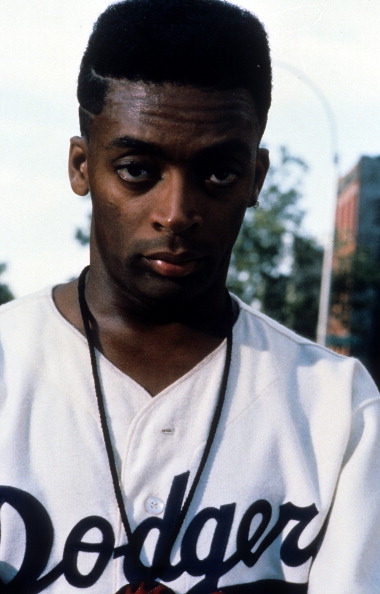 Source:Getty
Source:Getty
Spike Lee was born Shelton Jackson Lee on March 20, 1957, in Atlanta, Georgia.
He attended school in Morehouse College in Atlanta and developed his film making skills at Clark Atlanta University. After graduating from Morehouse, Lee attended the Tisch School of Arts graduate film program.
Lee went on to produce and direct the jazz biopic Mo’ Better Blues (1990), the first of many Spike Lee films to feature Denzel Washington, including the biography of Malcolm X (1992), in which Washington portrayed the civil rights leader. The movie was a success, and garnered an Oscar nomination for Washington. The pair would work together again on He Got Game (1998), an excursion into the collegiate world showing the darker side of college athletic recruiting, as well as the 2006 film Inside Man (2006).
2. Sidney Poitier
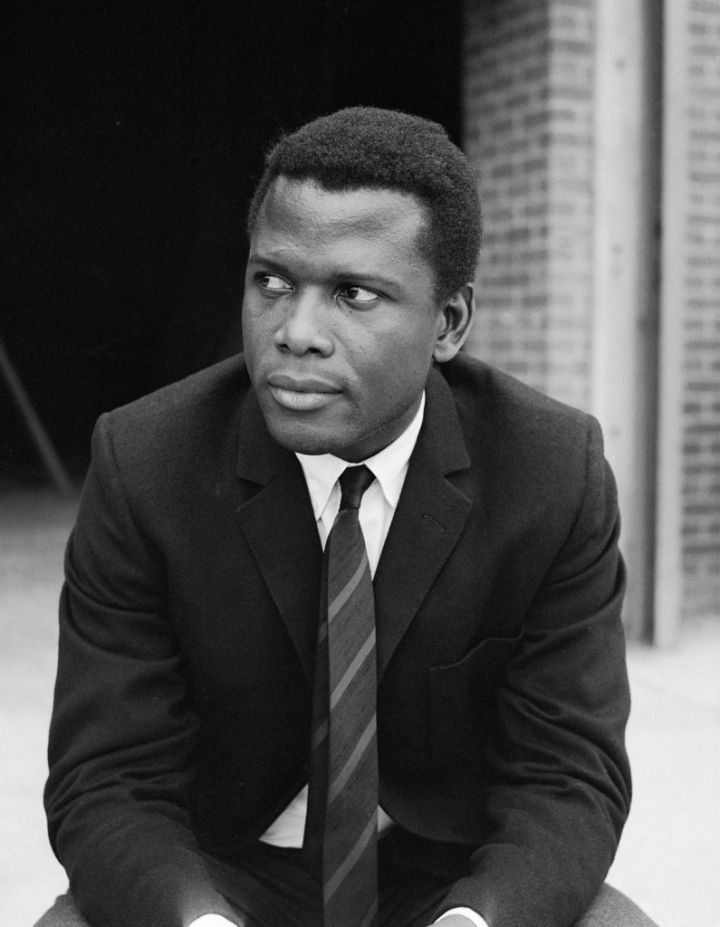 Source:Getty
Source:Getty
Sidney Poitier was a Bahamian American actor, director, and producer who broke the colour barrier in the U.S. motion-picture industry by becoming the first African American to win an Academy Award for best actor (for Lilies of the Field [1963]) and the first Black movie star.
He also redefined roles for African Americans by rejecting parts that were based on racial stereotypes.
3. Ruby Dee
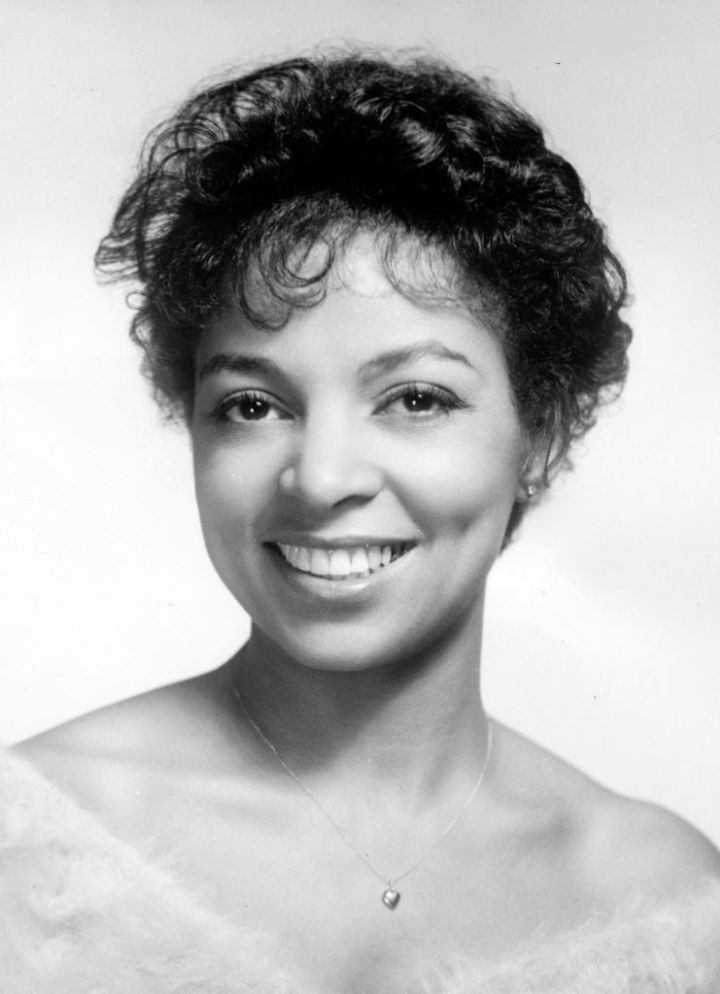 Source:Getty
Source:Getty
Ruby Dee was an American actress and social activist who was known for her pioneering work in African American theatre and film and for her outspoken civil rights activism. Dee’s artistic partnership with her husband, Ossie Davis, was considered one of the theatre and film world’s most distinguished.
In 1965 she became the first African American woman to star in major roles at the American Shakespeare Festival in Stratford, Connecticut. She was also the first black actress accorded a feature role (1968–69) on a prime-time TV show, the soap opera Peyton Place. Her later films included The Way Back Home (2006) and American Gangster (2007). Her performance in the latter film earned Dee her first Academy Award nomination.
4. Ava DuVernay
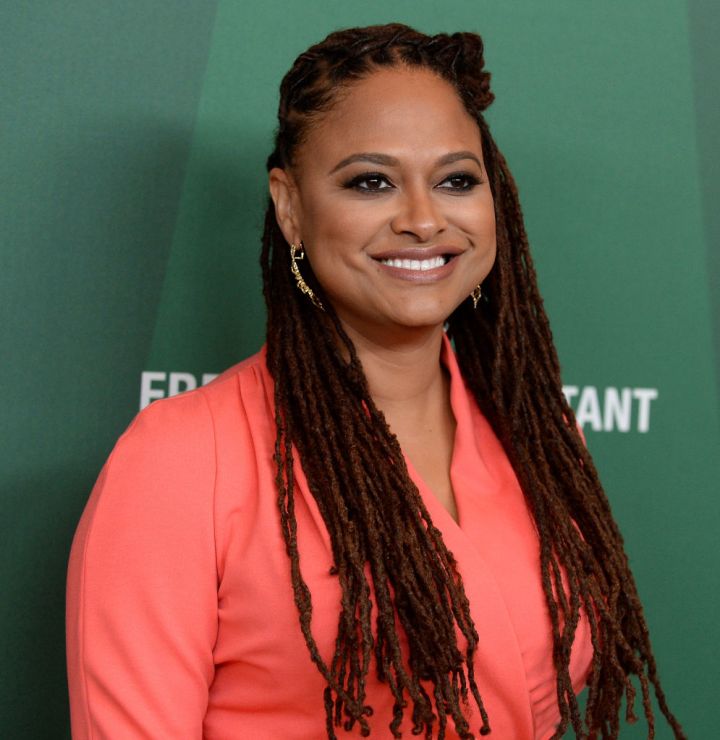 Source:Getty
Source:Getty
Ava DuVernay graduated from the University of California at Los Angeles in 1995 with bachelor’s degrees in English and African American studies. After working for a few years in film publicity, she started her own company to market movies.
The film that brought DuVernay to the attention of a broader audience base was the 2014 historical drama Selma. It chronicles the 1965 civil rights march led by Martin Luther King, Jr., that resulted in passage of the Voting Rights Act. Selma was critically acclaimed, and DuVernay became the first African American woman to receive a Golden Globe nomination for best director. In addition, the movie was nominated for an Academy Award for best picture. In 2016 DuVernay released the Oscar-nominated documentary 13th, an exploration of the American prison system and its racial inequities. She returned to feature films as director of the adventure fantasy A Wrinkle in Time (2018). It was based on the award-winning 1962 book by Madeleine L’Engle and featured a multicultural cast that included Oprah Winfrey, Reese Witherspoon, and Mindy Kaling.
5. Denzel Washington
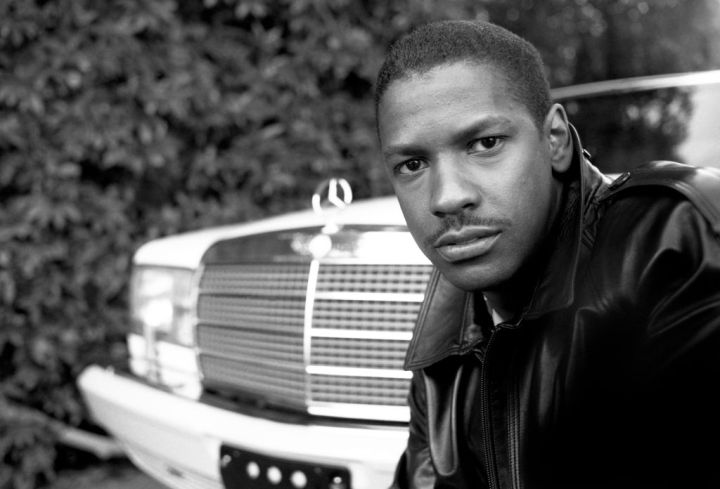 Source:Getty
Source:Getty
Denzel Washington is celebrated for his engaging and powerful performances. Throughout his career he was regularly praised by critics, and his consistent success at the box office helped to dispel the perception that African American actors could not draw mainstream white audiences.
After college, Washington began to pursue acting as a career and joined the American Conservatory Theater in San Francisco. After several successful stage performances in California and New York, he made his screen debut in the comedy Carbon Copy (1981). He first began to receive national attention for his work on the television drama St. Elsewhere (1982–88). For the film Cry Freedom (1987), he portrayed South African activist Stephen Biko, and he received an Academy Award nomination for best supporting actor. Two years later he won the Oscar for best supporting actor for his performance as a freed slave fighting in the Union army in the American Civil War film Glory (1989).









